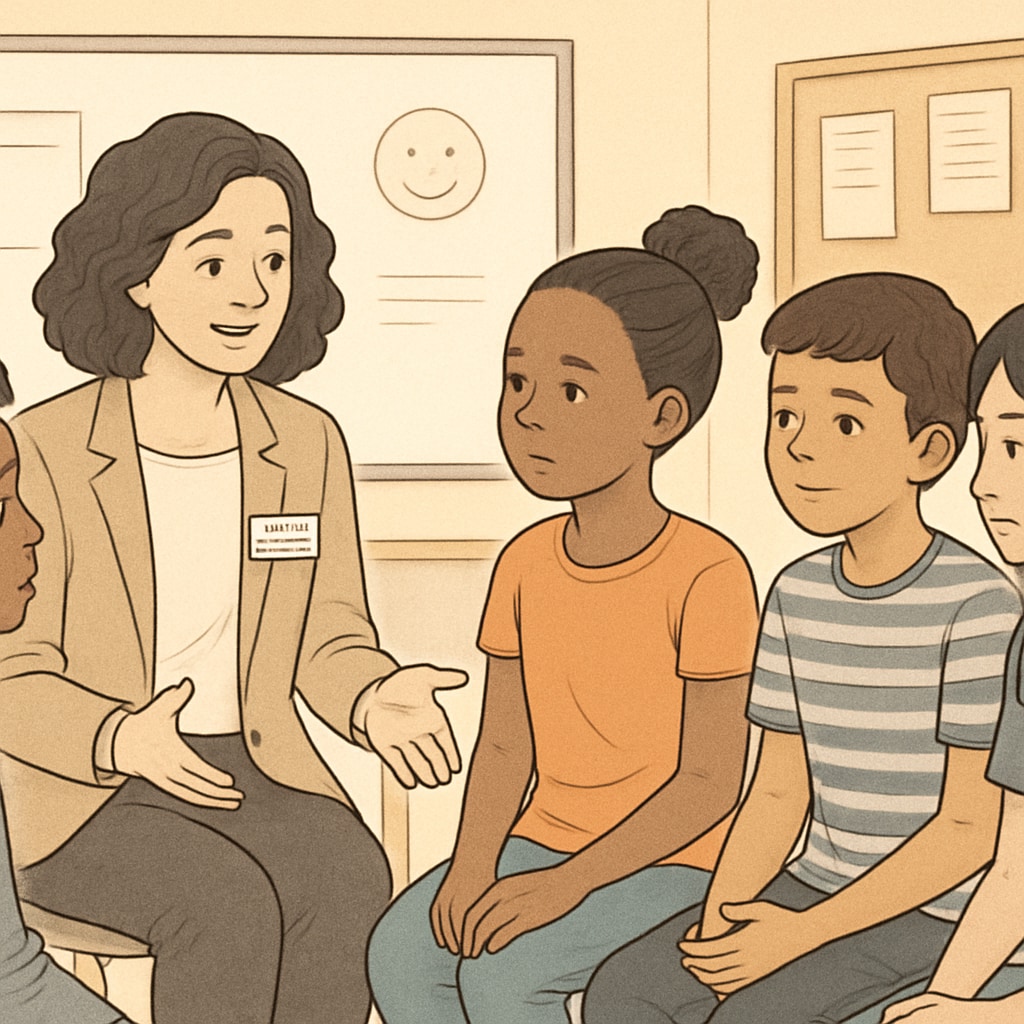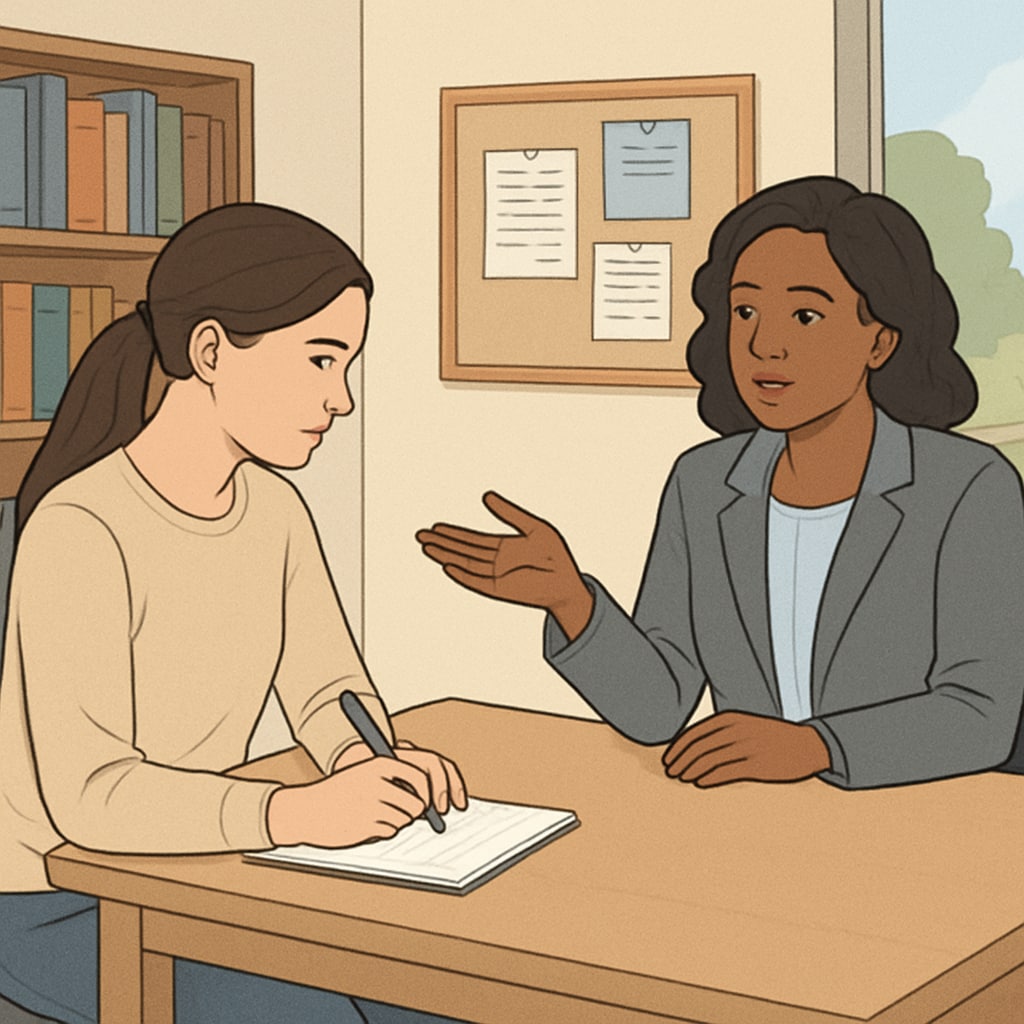In the realm of K12 education, school counselors play an indispensable role in supporting students academically, socially, and emotionally. For graduate students working on assignments that require in-depth understanding of counseling practices, conducting interviews with school counselors is an excellent way to gain insights into their work. This article highlights the challenges and opportunities school counselors face, and offers practical advice for graduate students seeking to connect with them for academic interviews.
Understanding the Role of School Counselors in K12 Education
School counselors are often considered the backbone of a comprehensive educational support system. They provide guidance that extends beyond academics, addressing emotional well-being, career planning, and social skills. According to the Wikipedia page on school counselors, their work includes assessing student needs, designing individualized plans, and collaborating with teachers and parents.
However, their role is not without challenges. Increasing student-to-counselor ratios, diverse student needs, and limited resources can make their work demanding. Despite these obstacles, school counselors remain committed to fostering student growth and resilience, which makes their perspective invaluable for educational research.

Why Interviewing School Counselors Enhances Graduate Research
Conducting interviews with school counselors allows graduate students to bridge the gap between theoretical knowledge and practical application. By directly engaging with professionals, students can explore real-world scenarios, uncover patterns, and better understand the dynamics of K12 education.
Here are some key benefits of interviewing school counselors:
- Practical Insights: Learn about challenges and strategies employed in real counseling settings.
- Human Connection: Build empathy and appreciation for the complexity of the counselor’s role.
- Data Collection: Gather qualitative data that enriches research findings and supports academic arguments.
For those conducting interviews, it’s crucial to prepare thoughtful questions and familiarize themselves with the counselor’s work beforehand. For example, understanding their involvement in career counseling or mental health support can lead to more meaningful conversations.

Practical Tips for Graduate Students Seeking Interviews
Reaching out to school counselors for academic interviews requires professionalism and empathy. Below are some practical tips:
- Start with Clear Communication: Draft a concise email explaining your research goals and the reason for reaching out. Be respectful of their time and schedule.
- Prepare Questions in Advance: Focus on specific topics like counseling techniques, challenges in student engagement, or the impact of external factors like family dynamics.
- Build Rapport: Show genuine interest in their work and express gratitude for their participation.
- Follow Ethical Guidelines: Ensure confidentiality and avoid probing sensitive issues without consent.
For more information on ethical research practices, consider reading the Britannica article on research ethics. Ethical considerations are especially important when discussing sensitive topics related to student mental health or family issues.
The Future of School Counseling in K12 Education
As K12 education faces growing complexities, the role of school counselors continues to evolve. Advances in technology, increasing awareness of mental health, and the integration of social-emotional learning (SEL) into curricula are shaping the future of counseling practices.
Graduate students who engage with school counselors not only enhance their academic research but also contribute to the broader understanding of educational psychology. By fostering partnerships between researchers and practitioners, we can collectively support a stronger, more resilient education system.
In conclusion, interviewing school counselors offers graduate students a unique opportunity to explore the profound impact of counseling on student development. With thoughtful preparation and ethical consideration, these interviews can bridge the gap between research and real-world application.
Readability guidance: Use concise paragraphs to maintain reader engagement. Incorporate lists to summarize actionable tips and distribute transitional phrases evenly throughout the text. Ensure that the article balances academic rigor with accessibility for general readers.


